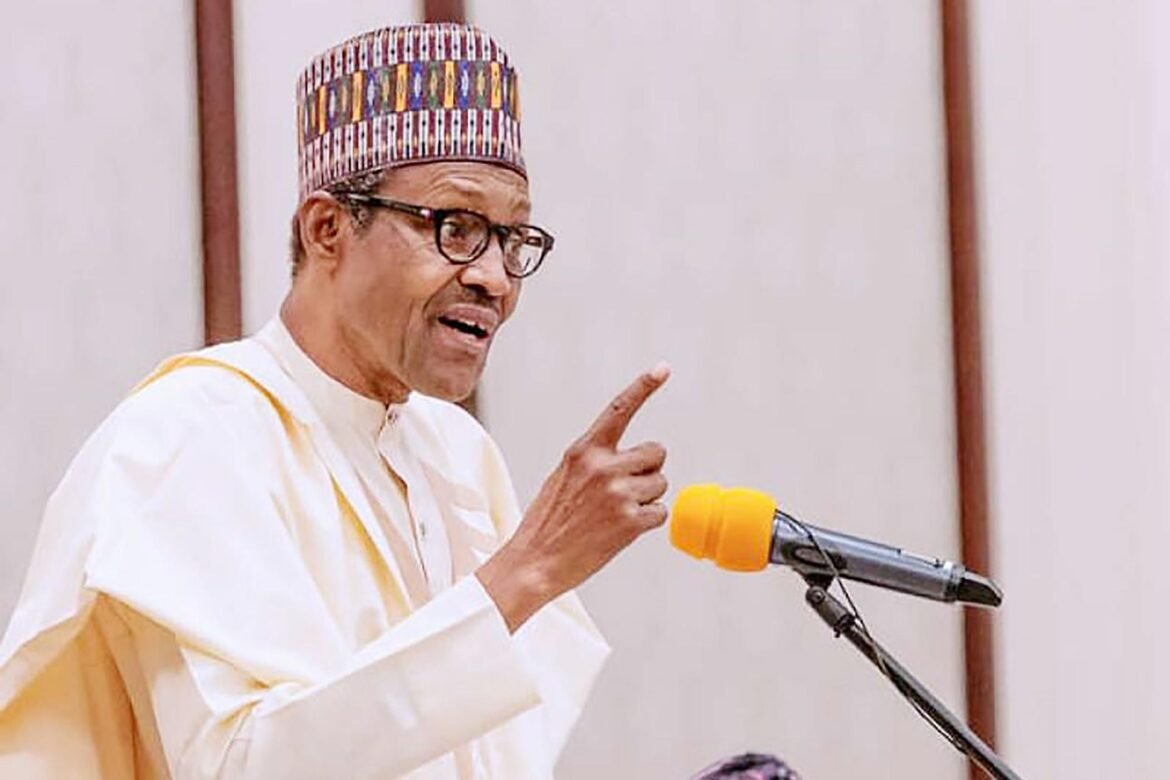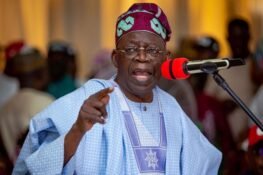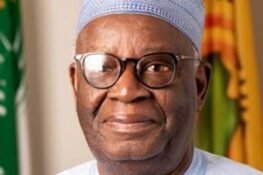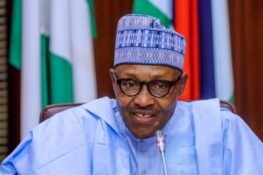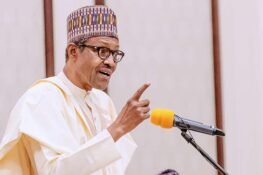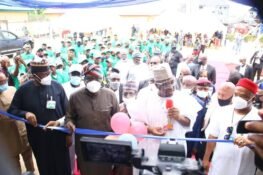Senate President Ahmed Lawan has assured Nigerians that subsidy on Petroleum Motor Spirit (PMS) will not be removed for now as being reported by some social and conventional media.
Lawan stated this when he fielded questions from State House correspondents after a closed door meeting with President Muhammadu Buhari on Tuesday in Abuja.
According to him, Buhari has not authorised anybody to remove fuel subsidy as speculated in some quarters.
He said, “Well, it will be of interest to Nigerians to hear what I’ve come to discuss with Mr President among several other things. Many of us are very concerned with the recent agitations and protests.
“And many citizens were so concerned; our constituents across the country are very concerned that the federal government will remove the petroleum subsidy.
“And for us, as parliamentarians, as legislators representing the people of Nigeria, this must be of interest to us.
“And we’ve just finished our recess; we had gone home to our constituencies and senatorial districts.
“We felt the pulse of our people. And I found it necessary to visit Mr President, as the leader of our government and our leader in the country, to discuss this particular issue of concern to Nigerians, and I’m happy to inform Nigerians that Mr President never told anyone that the petroleum subsidy should be removed.’’
According to him, even though the subsidy on PMS is heavy, the burden cannot be transferred to ordinary citizens.
“I know and I agree that the subsidy is very heavy. But I think we must never transfer the burden to the citizens.
“I believe that we need to look at the quoted figure of may be 100 million litres that people claim we’re consuming. Is it real?” he queried.
Lawan insisted that he wasn’t convinced that Nigerians consume that much a day, adding that there may be some level of sabotage involved.
“I mean is it either under recoveries of subsidy? Is it really 100 million litres per day? How on earth are we consuming that? We need to look at this critically and see how we can find the truth.
“Because I am not convinced that within the boundaries of Nigeria we are consuming 100 million litres a day. Probably neighbouring countries may be benefiting from this. Can’t we do something about it?
“It is a failure if we are not able to control it, this particular aspect of smuggling is the petrol and then in return, push the burden to the ordinary citizen,” he added.
Lawan lauded the president for always showing concern over the plight of Nigerians.
“So, I want to commend Mr President, for still keeping this philosophy of ensuring that the most ordinary Nigerian does not suffer in any way.
“Government is meant to serve people. And the essence of government law we all know is to protect the lives and property and welfare of the people. And that federal aspect is part of the welfare.
“It may not be exactly the way we want it in the implementation of subsidy. But that is our challenge as an administration and as a government,’’ he added.
On recent remarks by some state governors, calling for immediate removal of the fuel subsidy, Lawan said:
“Well, that’s their opinion. And they had their time. They should have done something about it.
“Now we have to do something about it. I have admitted that the burden is heavy. But I don’t think that the ordinary citizen should be the one to bear the burden.
“Those of us in government should come together and find a solution to this, including the PDP states. And PDP as a political party, there must be an irreducible minimum level of partisanship.”
On the new electoral bill vetoed by the president, Lawan expressed optimism that an amended electoral bill maybe returned to the president next week for his assent.
(NAN)
